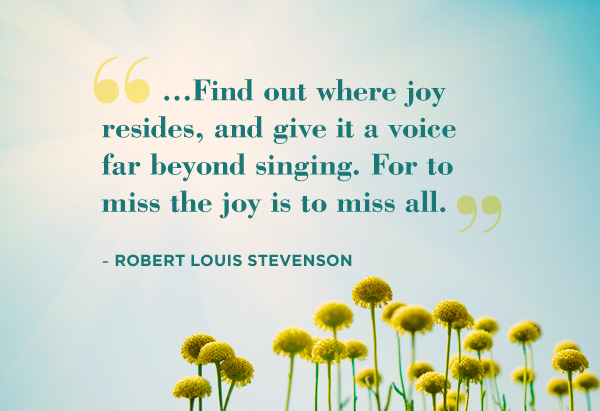(Some info, but no ending spoilers here!!!)
Finishing up a reread of Anna Karenina. I first read it in 2007, but have since forgotten much of it. Now, being a more mature reader and having bought the best translation (Pevear and Volokhonsky - best for any Russian Lit), I set out to read it again before watching the new movie from December 2012. (One of my book buddies also reread it for this purpose...we're going to watch the movie together! And then I'll probably make my husband watch it with me again!)
Of 817 pages, one line in particular popped out: "...the eternal error people make [is] in imagining that happiness is the realization of desires." This is Count Vronsky's realization as his affair with Anna Karenina proceeds down a path neither of them expected to encounter. Vronsky, normally proud of his bachelorhood, convinced himself that Anna Karenina brought him the ultimate satisfaction. And she, having neither a very loving nor doting husband, soon felt the same.
And they found the love affair glorious as it took off. Everything they wanted was at their fingertips and not much else mattered. Vronsky turns down a military promotion to travel with Anna, while Anna abandons her husband, son, and home to be with Vronsky.
However, all that glitters is not gold. Anna and Vronsky each have expectations of the other and the new life they've formed. As a social outcast (due to her affair) Anna lacks anything to do, take care of, or become in her new life. She spends her time reading anything and everything she can while she desperately grasps at Vronsky to be her everything, including her will to live. Vronsky, on the other hand, sees the change in Anna's character and she begins to repulse him. He cannot make a move or take a trip, but she is throwing a fit and making life difficult. He asserts at one point that he can "give her everything, but not [his] male independence." And he isn't being stand-offish...Anna clings to Vronsky so much that she even admits to herself she cannot love their infant daughter because everything she has goes to him.
I won't spoil the end for those who haven't read or watched it, but I cannot help but see how something our current culture seeks so much through any means (happiness) is portrayed as the wrong answer in this timeless classic. Happiness is good when it is here, but it will not last and so it is not the meaning of life. Life is meant to have its ups and downs and contrary to how we want to see it, it is not happiness that will make us better people. The things, people, and events that we see as the realization of our happiness will never satisfy us once we reach them, we will just start looking for the next answer to our happiness. Joy, unlike happiness, presents itself even in the hard times. Ironically, joy is found in the things we neglect on our self made path to happiness. Like Anna and Vronsky, we usually learn this the hard way.
What brings you lasting joy, as opposed to fleeting happiness?



No comments:
Post a Comment